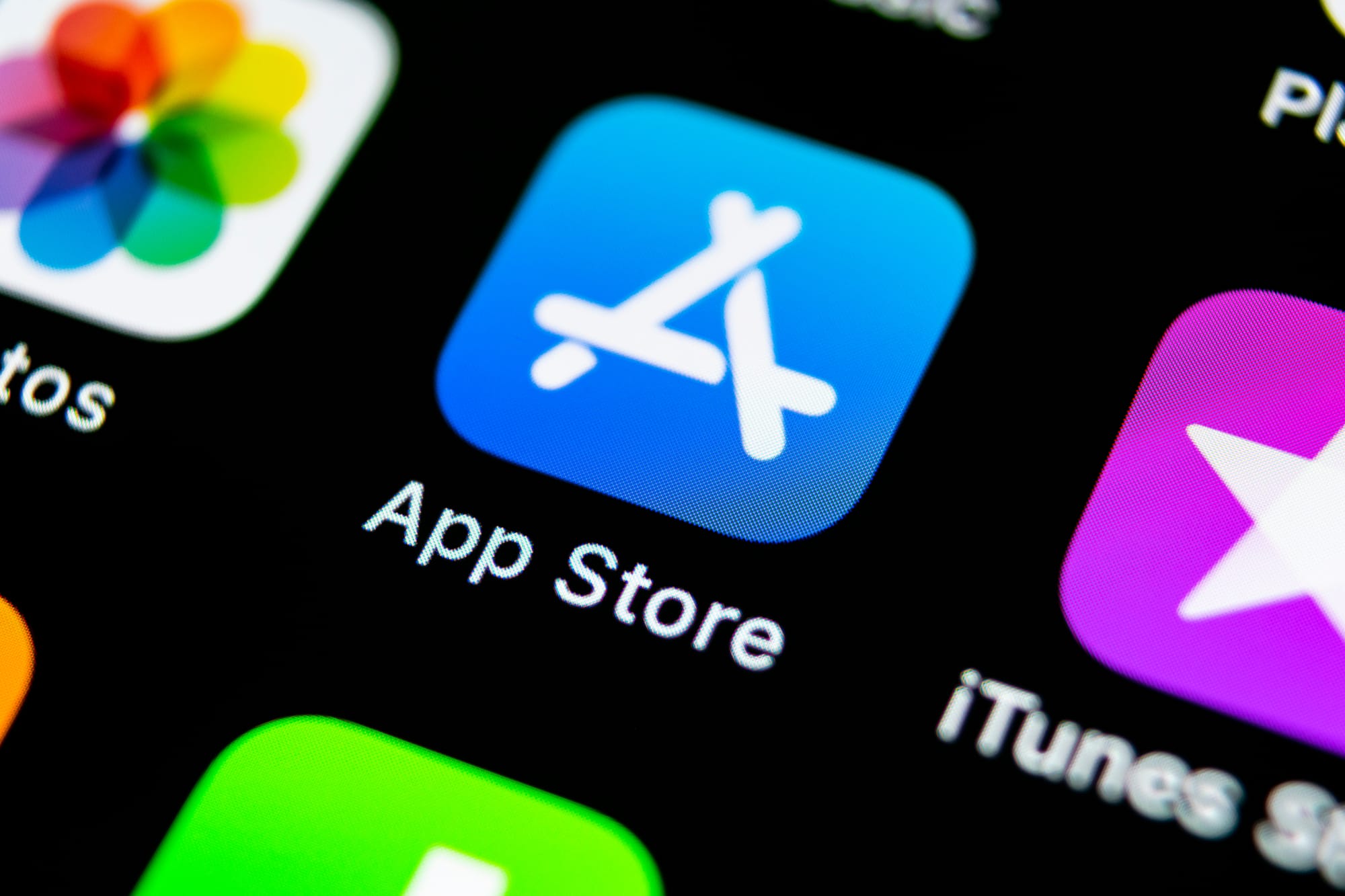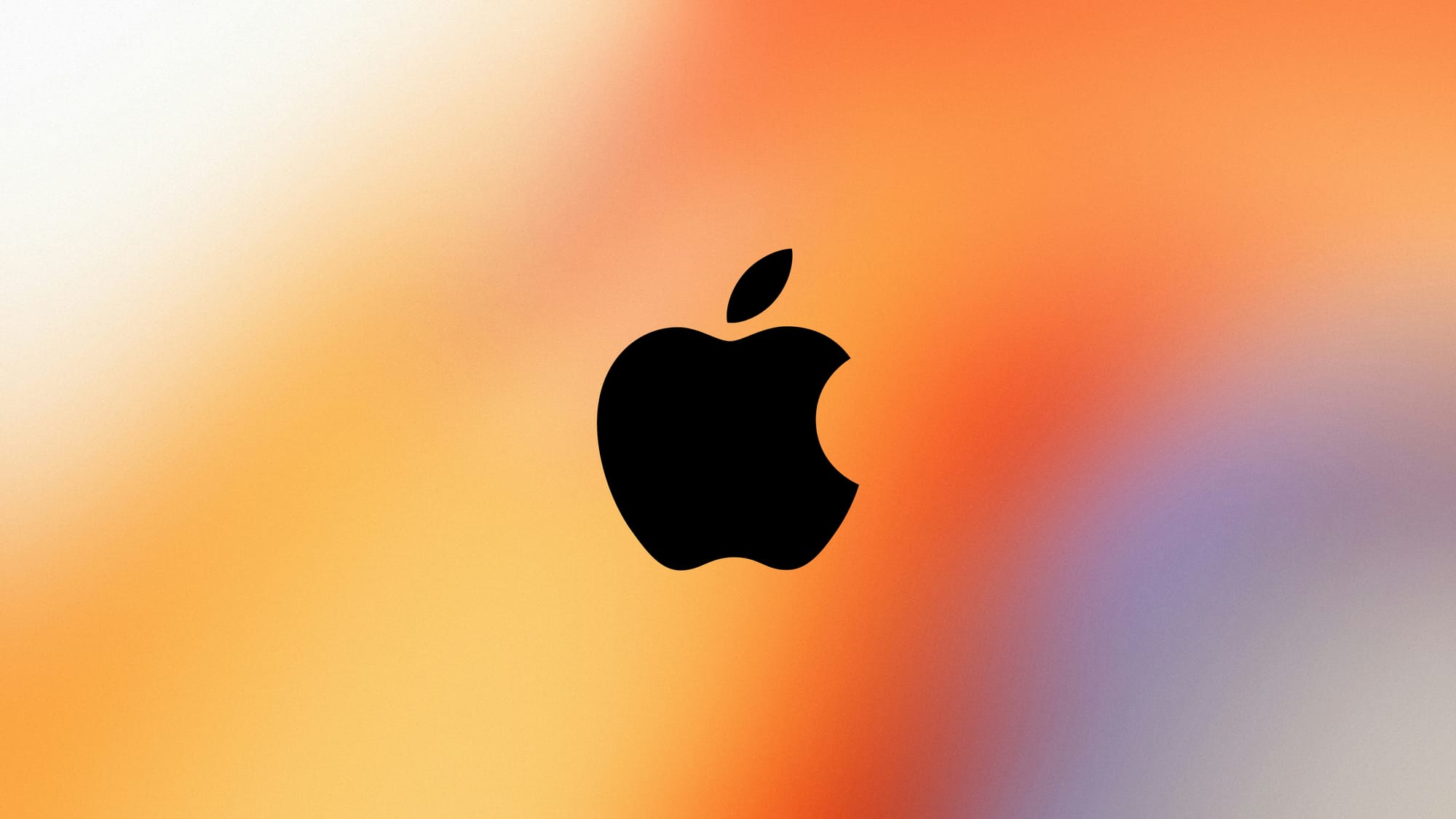Apple, long known for its tight grip on the App Store, now finds itself at the center of a legal firestorm that could have ripple effects across the tech industry. This week, U.S. District Judge Yvonne Gonzalez Rogers ruled that Apple “willfully” violated a court order meant to open the App Store to more competition and alternative payment methods-a directive born from the high-profile Epic Games lawsuit. Her ruling is blunt: “This is an injunction, not a negotiation. Once a party willfully ignores a court order, there are no second chances”.
Apple’s workaround? The company imposed a 27% fee on purchases made outside its own payment system-barely less than the original 30%-and displayed warnings to discourage users from using third-party payment options. Judge Gonzalez Rogers called Apple’s actions “obstruction,” noting the company “sought to maintain a revenue stream worth billions in direct defiance of this court’s injunction”. She even referred Apple and a senior executive for possible criminal contempt, citing “misdirection and outright lies” in their testimony.
Epic Games CEO Tim Sweeney hailed the decision as a “huge victory for developers,” arguing it forces Apple to “compete with alternative payment services instead of obstructing them”. For consumers and developers alike, the ruling could mean lower prices and more choice in the App Store.
Apple says it will comply with the court’s order and plans to appeal, but the judge’s referral for a criminal probe is a rare and serious escalation. As regulators worldwide scrutinise Big Tech’s power, Apple’s next moves will be watched closely-not just for compliance, but for the message it sends about accountability in Silicon Valley.














Discussion